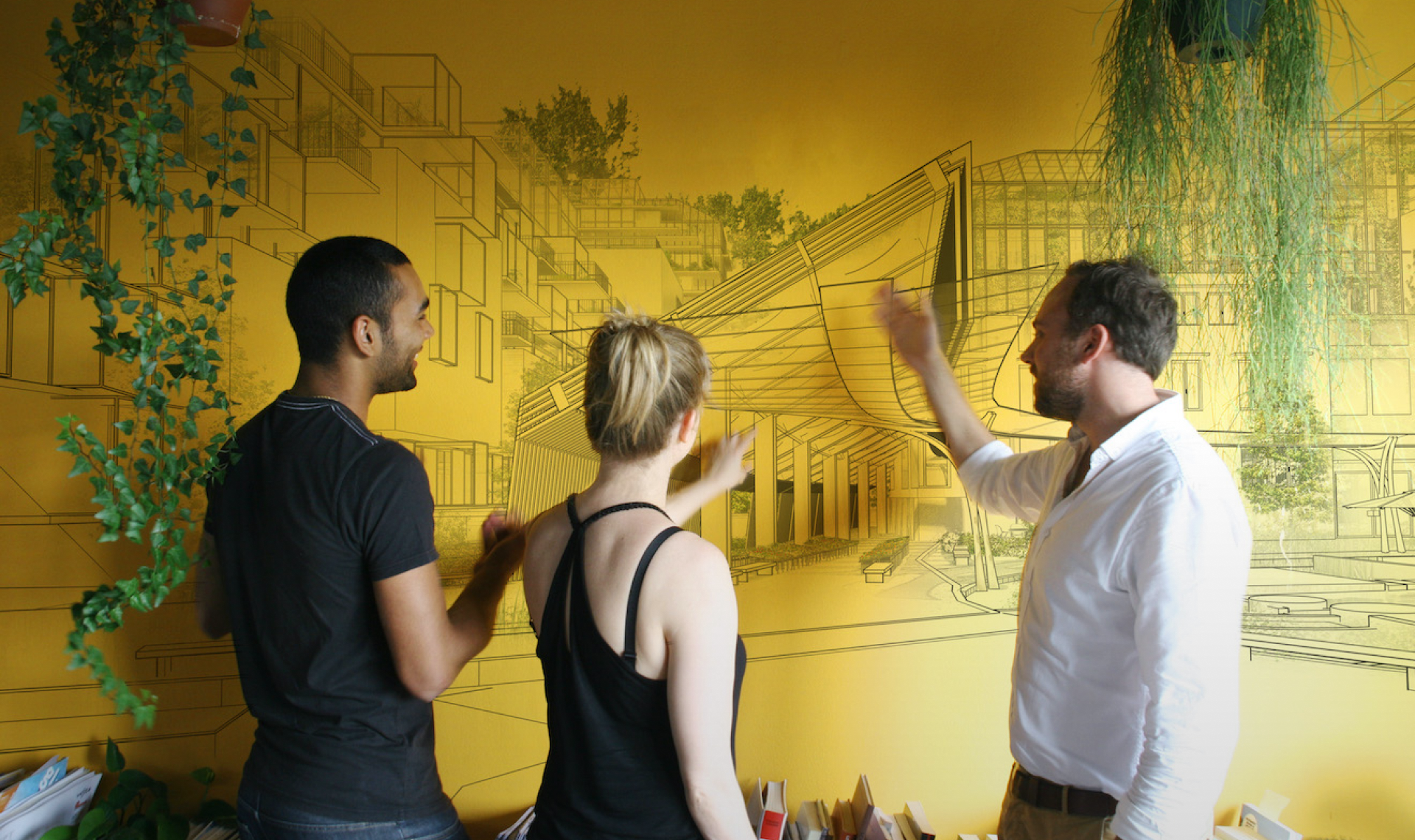Welcome to the November wormfood. Some of the remarkable things that happened over the last month: natural gas and renewables are taking over oil. Discover how global warming is threatening genetic diversity and the killing of animals can help to sensibilize over meat consumption. Virtual eating is becoming the next big trend in weight loss and co-working spaces are booming in China. Read all about it in this wormfood. Want to get it first? Make sure to Subscribe.
Global News
- Oil price surges as Opec agrees first cut in output since 2008. Two years of wrangling were needed before Saudi Arabia and the rest of the Opec oil cartel could agree a cut in production at its meeting in Vienna last week.
- Annual world energy outlook. On 16 November 2016 the International Energy Agency (IEA) presented its annual ”World Energy Outlook” report (WEO-2016). As a result of major transformations in the global energy system that take place over the next decades, renewables and natural gas are the big winners in the race to meet energy demand growth until 2040. Read the summary report.
- What a Trump win means for the Global Climate Fight. Donald Trump’s ascension to the presidency signals an end to American leadership on international climate policy. With the withdrawal of U.S. support, efforts to implement the Paris agreement and avoid the most devastating consequences of global warming have suffered a huge blow.
Energy & Environment

- Warming is threatening the genetic diversity of species. Research on stoneflies in Glacier National Park indicates that global warming is reducing the genetic diversity of some species, compromising their ability to evolve as conditions change. These findings have major implications for how biodiversity will be affected by climate change.
- A wrenching choice for Alaska towns in the path of climate change. With its proximity to the Arctic, Alaska is warming about twice as fast as the rest of the United States and the state is heading for the warmest year on record. The government has identified at least 31 Alaskan towns and cities at imminent risk of destruction, with Shaktoolik ranking among the top four. Read more stories with breathtaking images of the Alaska situations.
- Kinder Morgan Trans Mountain oil pipeline approved in Canada. Under the Paris Agreement Canada pledged to reduce emissions 30 per cent below 2005 levels by 2030. According to a recent analysis by Climate Action Network, Canada is expected to miss those targets by 91 megatonnes. “If built, these projects would facilitate huge growth in the tar sands,” Adam Scott, analyst with Oil Change International, said, “increasing total greenhouse gas pollution by as much as 27 megatonnes of CO2 every year, equivalent to the pollution from 58 million cars on the road.”
Business & Economy

- How one man built a $1.5bn fashion business. Jose Neves is the boss of one of the world's fastest-growing luxury fashion websites, Farfetch, he admits that he used to find the clothing industry "frivolous and uninteresting". The story of how a "computer geek" built up his empire and passion for fashion, starting from computers.
- Why America is rich, at least for now. America is a rich country not because of what the Democrats or the Republicans did separately. It is successful because of those things that the parties share, national values and institutions. Countries become prosperous not because they have bounteous natural resources or an educated population or the most advanced technology but because they have good institutions.
- The ‘sharing economy’ explodes in China’s workplaces. Big Chinese cities are witnessing exponential growth in so-called “co-working space,” nurtured by government policies, an entrepreneurial younger workforce and prohibitive mainstream commercial rents. Co-working sites offer shared workspace at low rents, typically in an atmosphere where people can share knowledge and sometimes collaborate in a friendly, relaxed environment. In the Netherlands, a successful example of this trend is Seats2Meet.
Science, Technology & Design

- Please welcome to the periodic table: Nihonium, Moscovium, Tennessine and Oganesson. It’s official. Chemistry’s highest gatekeepers have accepted the newly proposed names for elements 113, 115, 117 and 118. Scientists first synthesized the new elements between 2002 and 2010, but it wasn’t until December of 2015 that the International Union of Pure and Applied Chemistry officially recognized the discoveries.
- Could virtual eating be the next big trend in weight loss? Researchers successfully fool human brains to think we’re eating. They have found that by applying electrical currents or adjusting the temperature on someone’s tongue, different tastes and food textures can be simulated. According to New Scientist, the strength of the electric impulse is what controls the texture or hardness of this digital food.
- Low-cost housing, maximizing water surface. It is notoriously difficult for students to find affordable housing. A Danish developer has come up with a solution that can be docked right in the centre of Copenhagen Harbour. Made up of nine disused shipping containers, Urban Rigger is a prototype, a unique, carbon-neutral, floating mobile home.
Urban Environment

- The engineering gap. Most of girls switched off from the idea of becoming engineers in young age. The latest figures from the Office for National Statistics show that women make up around just 8% of engineers in the UK. And this is at a time when the UK needs to produce thousands more engineers, so much so that the inventor, Sir James Dyson, is planning to open his own institute to address the skills shortage.
- Kill your own food. Pettibone, a substitute teacher, started raising quail three years ago, on a quiet residential street. She sells quail eggs from her unlocked front porch. She organises quail culls as a way to connect her customers to the cycle of her farm’s quail production. Death, she says, “is a connection to food I don’t want to forget about.”
- With shifts in national mood come shifts in words we use. It’s possible, suggests a study published last week. Analyzing Google Books and The New York Times’s archives from the last 200 years, the researchers examined a curious phenomenon known as “positive linguistic bias,” which refers to people’s tendency to use more positive words than negative words. Across two centuries’ of texts, they found that people’s preference for positive words varied with national mood, and declined during times of war and economic hardship.
Unexpected and Intriguing

- The story of a river that gives ‘life’ to 60 million people. The Mekong river slides through six countries and various climates, its geographical and spiritual source is said to lie on the high, dry Tibetan plateau. A place where people have a simple life, strictly connected with local resources and the rhythm of nature. “The yaks give everything. We live because of the yaks. And the yaks need this river, which is so clean. Without water, none of us can live.” – Yinzo, 68, who grew up in the mountains, says.
- The bizarre beast with an air conditioning nose. The Saiga antelope, they are found on the vast steppes of Kazakhstan and rarely seen by humans. His bizarre nose works a bit like an air-conditioner. In summer it cools the air before it hits the antelope's lungs, and in winter it warms it. This is a story of how adaptable nature is.
See a news item suited for Wormfood, or a theme for a newsletter? Let us know, we'll do our best to make some magic happen!
Dec. 13, 2016

